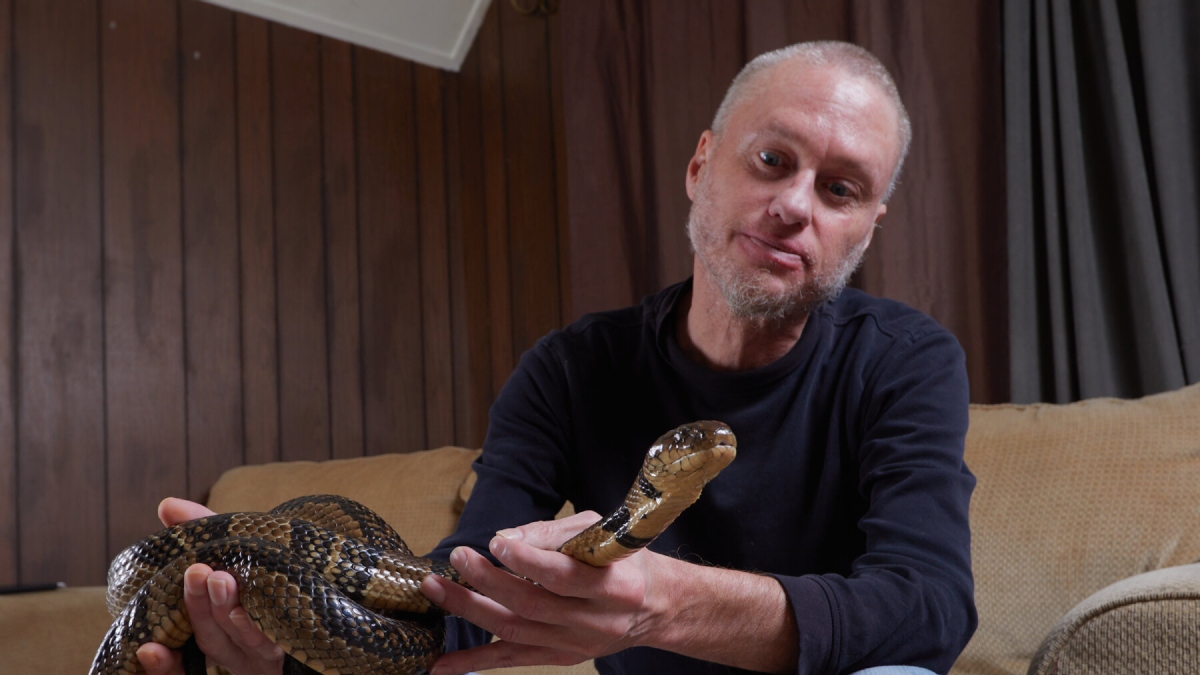Tim Friede, a self-taught snake enthusiast from Wisconsin, may have endured one of the world’s most dangerous personal experiments — subjecting himself to over 200 venomous snakebites and more than 650 venom injections in the hope of building immunity. His efforts have now become a scientific breakthrough.
Following a life-threatening bite shortly after the 9/11 attacks, Friede fell into a coma for four days. Yet instead of walking away from danger, he leaned further into it. “I know what it feels like to die from snakebite,” Friede told AFP, recounting the ordeal from his home in Two Rivers.
For nearly two decades, the former truck mechanic trained his body to survive lethal doses of venom from snakes like black mambas, cobras, and taipans. His vision: to be the foundation of a universal antivenom.
While experts were skeptical at first, Friede’s perseverance paid off. A study published last month in the journal Cell revealed that antibodies derived from his blood could neutralize venom from a wide array of deadly snakes. The research, led by immunologist Jacob Glanville of Centivax, combines Friede’s antibodies with a drug called varespladib. The experimental cocktail showed promising results in mice, providing full protection against venom from 13 snake species and partial protection from six others.
“I thought, well, if they make antivenom in horses, why can’t I just use myself as a primate?” Friede explained, pointing out the risks of traditional antivenoms, which are often specific to certain snakes and can cause severe side effects due to animal-derived antibodies.
The global need for better antivenom is urgent. According to the World Health Organization, snakebites kill up to 138,000 people and disable another 400,000 each year, mostly in underserved regions. Current treatments often fail to address bites from multiple snake types.
Glanville envisions a universal antivenom delivered through a device similar to an EpiPen, with manufacturing targeted in countries like India to lower costs.
Though Friede retired from self-immunization in 2018 to protect Centivax from legal risks, he hasn’t given up his passion. “I do miss it,” he admitted.
With further trials underway, including in dogs in Australia, the once-unthinkable dream of a universal antivenom may now be within reach — thanks in no small part to a man willing to risk everything for the cause.






